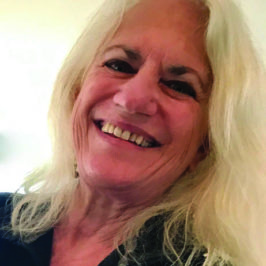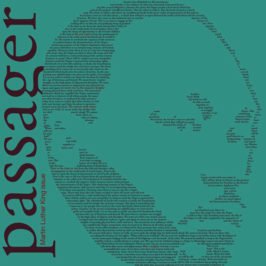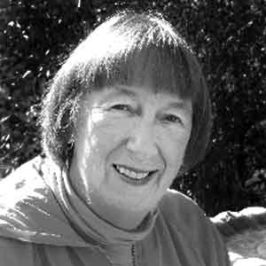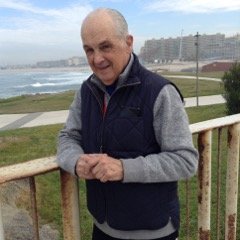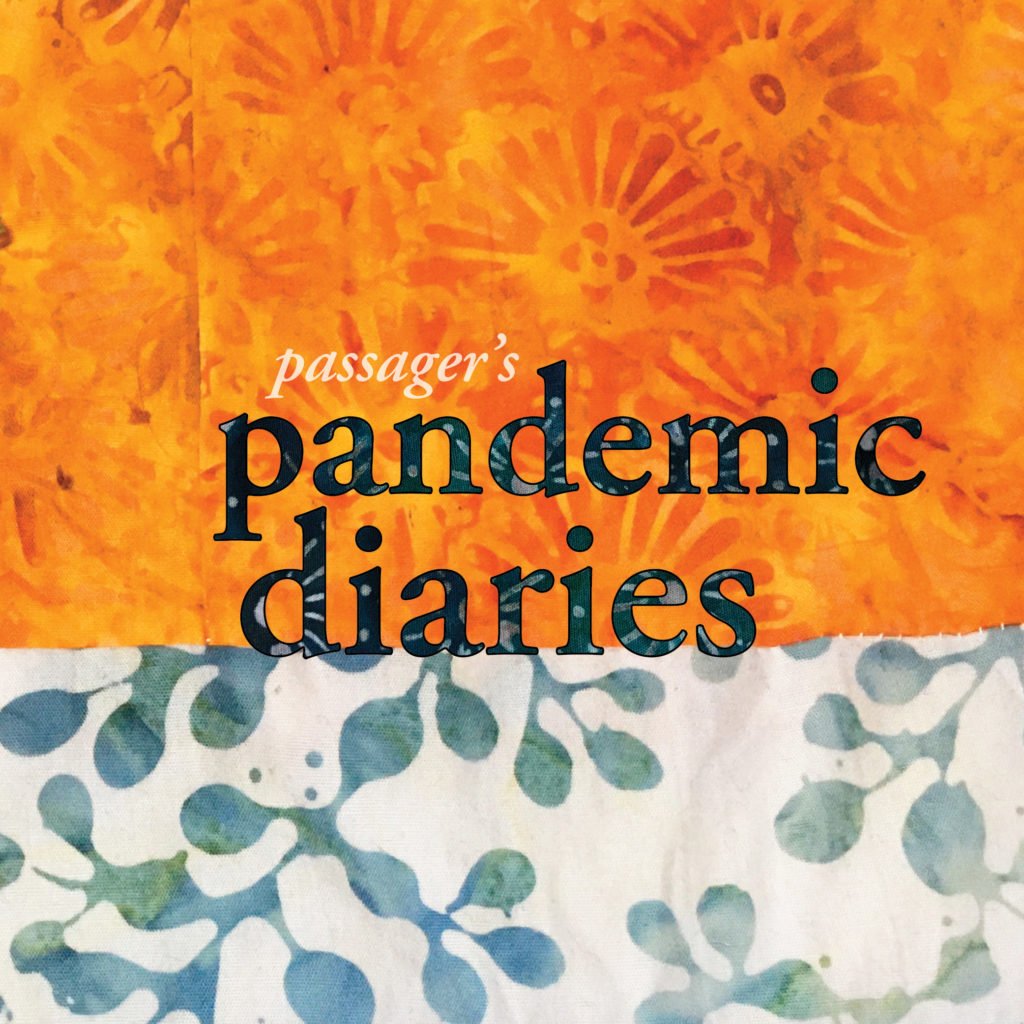
Pandemic reflections from Judith Beth Cohen, Maureen Woodcock, Gloria Kropf, Lynn M. Knapp, Rich Bates, Wendy Watson, Martha Graham-Waldon, Amy Cotler, Mary Alice Dixon, Ellen Reichman, Tricia Knoll, Pia Wood, Susan Milord and Dayana Moreno.
12 minutes
TRANSCRIPT
This week on Burning Bright, something a little different and a little longer. In March, 2020, right after the world closed down for Covid, Passager asked people to send in short journal entries about how their lives had changed, what their lives were like, and how the pandemic was affecting them socially, logistically, physically, and psychologically. Ever since then, we’ve been posting entries on our web site. We’ve heard from people from almost all 50 states and over 20 other countries, including Australia, Iran, India, France, Egypt, and Zimbabwe.
They talked about missing out on being with their dying parents and with their newborn grandchildren, about the anxiety that came with flying to a relative’s wedding across the country and about their day to day lives. They sent pictures of their artwork, their cooking, their friends, and the natural beauty they could enjoy from their windows or their walks.
On this episode of Burning Bright, a few excerpts from the past two and a half years of Pandemic Diaries.
Several people talked about earlier pandemics.
Judith Beth Cohen said, “I regularly walk in the 17th century cemetery near my home. I walk among the graves of New England colonial settlers and their descendants, four hundred years’ worth of bodies. As I wandered past the familiar tombs I thought about another epidemic: The Great Throat Distemper of 1751. Though only about 100 died, that was nearly 10% of the entire town population. By May 1752, the pandemic had subsided, but with so many deaths the colonists needed two new cemeteries. That throat distemper was diphtheria, and until 1923 there was no vaccine.”
Maureen Woodcock said, “I’ve always had a curiosity about the 1918 pandemic. As a kid, I read articles, and thumbed through magazines and books looking at photographs of men and women wearing masks. Recently I found archival military documents about my grandmother who was a nurse during The Great War. I read for the first time about her pandemic experiences. Now, over a hundred years later, I’m able to connect her 1918 to my 2021.”
Gloria Kropf said her 99-year-old aunt has been sheltering in place in the long-term care community she is a part of. Her aunt said, “Your mother was four years old and she had diphtheria. There was a big sign on the door that the health unit put there: it said no entry; It said Quarantine. No one was allowed on the farm. Your grandpa,” she said, “had to sleep in the barn. We did not want to give the disease to the cows or the milk would not be good.”
And finally, Lynn M. Knapp: “My husband and I found in our basement my grandmother’s ninety-year-old Singer, the dream machine she bought new on contract, the machine she used to craft dresses for herself and her girls in the 1930s. I think of my grandmother feeding fabric through this machine. She lost her 24-year-old husband in November, 1918 to the Spanish flu in boot camp. But my grandmother was afraid of nothing, not closing the eyes of a neighbor who died in her sleep, not her own failing heart. I can only hope my small portion of that courage will carry me through this, the pandemic of my life.”
Those were about people’s connections to earlier pandemics.
This second set of Pandemic Diaries excerpts is about glimmers of hope.
Rich Bates is weary of his own company. “I try journaling and grow numb. I try meditating without my Zen sanga and nap sitting upright. I watch the birds flutter at the feeders and am mesmerized into catatonia. But memory serves and I return to tiny but explosive things—a goldfinch watching me as he plucks a kernel from the feeder, chops it in half, letting the tailing fall while he tongues the remainder down his throat. A song sparrow splashes in the mini bird bath and then serenades me from the crab apple overhanging our fence. The telescope collapses to the microscope, but life still pulses.”
Wendy Watson’s a teacher and a guidance counselor. She said, “I gaze into dark Zoom frames of kids’ lives, and I smile when they turn on their video cameras. Their hair is much longer than in last year’s school photo. Their faces more serious. We compare notes on whose family members are now vaccinated, who’s sick, who’s survived, who’s passed on, and who turned a year older, grounded for a year without friends or parties. And we laugh and sigh.”
“This is what I am thinking now,” said Martha Graham-Waldon. “We will never take for granted the sacred social gatherings we used to revel in for the holidays and during the summer; the simple pleasure of sitting in a restaurant, enjoying a meal that we do not have to cook; hugging a friend in greeting or while saying good-bye; going to the movies or to a live show. We will never take for granted being alive without the constant threat of death stalking us in the air.”
Amy Cotler imagines that “when this is over my voice will be silken, not silken tofu, but silken that’s silkier than cream of mushroom soup on a cold day. Not the canned stuff, but heavy with full fat cream and dotted with mushrooms that taste of the woods. When this is over, my new house will welcome strangers who will sit round my table, the table my new love will craft from barn wood, and we’ll all toast my dog Sarah, who will howl in celebration. When this is over I won’t be scared of heights, nor of misspellings, nor of nada, except for food so spicy I have to scrape it off my tongue. When this is over, after I fly over my new house, I’ll land gracefully, feet first in a field of soft grain, and lay there on my back looking up at clouds the shape of chocolate chip cookies, the soft kind, and each chip will shout ‘hello.’”
Mary Alice Dixon remembers the story her grandmother told of her traditional Naxi Firmament Cape. “Worn only on the backs of women, the cape was made of dark sheepskin embroidered with stars and moon. She carries the stars and the moon on her back is a saying, I learned, that describes both the cape and the women who wore it, women who rose by starlight to toil by moonlight — women who worked in fields so dark they could hardly see their hands. Their capes were reminders that they carried both the burden and the glory of heaven’s work on their backs. These women believed that just as they could not see the stars and the moon they wore on their backs, so too, the night sky always carried light, even if hidden behind clouds. Covid-19 has made everyone, women and men, star-and-moon carriers,” Mary Alice said. “As the sun rose this morning, I knew it would be a heavenly day.”
Ellen Reichman said, “We are all doing the best we can. Those that go over and beyond to help others are my heroes. I’ve learned that friendships and relationships change due to distance, fear, time, attitudes. I’ve learned about letting go. Nothing is forever. I’ve learned that Rabbi Hillel’s words mean more to me now than ever: ‘If I am only for myself, who will be for me? If I am not for others, what am I? And if not now, when?’”
Tricia Knoll wrote, “This pandemic seemed to simplify many things: nowhere to go, no one to talk to live, no hanging out at a coffee shop. But nothing stands still. My daughter and her husband are going to have a baby in late September. Today, snow is melting. Blue sky. The frog pond is almost ice-clear. I took some pruners to the wild rose bushes and hung up my ergonomic snow shovel. My first husband’s birthday is tomorrow, and now he is a woman I’ve adopted as a sister. The Canada geese are coming back. I’m shocked that it doesn’t seem that long since they were going the other way.”
This from Pia Wood: “Home from the first concert in two years. In bed humming that tune from years ago. I think: We have escaped from the quiet of the Pandemic. We have arrived from the Pandemic shedding our mourning dark blue, black and gray moods. We have pierced the shield of the Pandemic while moving fast, running hard, and jumping over new hurdles on a dare of finding joy. We have danced away from the Pandemic leaving the slow drag behind. We have twirled away from quarantined corners. We have shifted gears to speeds that affirm: life is short. Tonight at the concert bold and muted colors floated around me as I shimmied and bounced like I did at my high school prom. Tonight, I double-clapped my hands like a genie granting the world’s wish to make the sorrowful Pandemic memories disappear into the boogie of the music.”
Susan Milord said, “Whenever I leave home, I have my mask on. In fact, most people wear masks when they’re in public. We’ve learned to smile with our eyes.”
And finally, this.
Dayana Moreno says she started singing to witness the beauty of a new chapter. “But now I sing and share in the sorrow of the loss of lives. Death never chased me before, funerals were for strangers most of the time; the people who passed away remained nameless to me. But now, I see the sweet lady who made cakes for every church bake sale and called me mi’ja. I see the old man who I helped up the ramp one summer when his family left him at church. I see the lady who hugged me so close once when I was sad my own grandmother was in Mexico. My life has been a collection of memories that revolve around the people around me. Now, I remember every mass as a name I say in my prayers every night, hoping they’re resting in peace.”
We’re not accepting any new Pandemic Diaries entries, but the old ones are still on our web site. If you haven’t read them, you should.
To subscribe to, or learn more about Passager and its commitment to writers over 50, go to passagerbooks.com. You can download Burning Bright from Spotify, Apple and Google Podcasts, Audible, and a host of other podcast apps.
For Kendra, Mary, Christine, Rosanne, and the rest of the Passager staff, I’m Jon Shorr.

